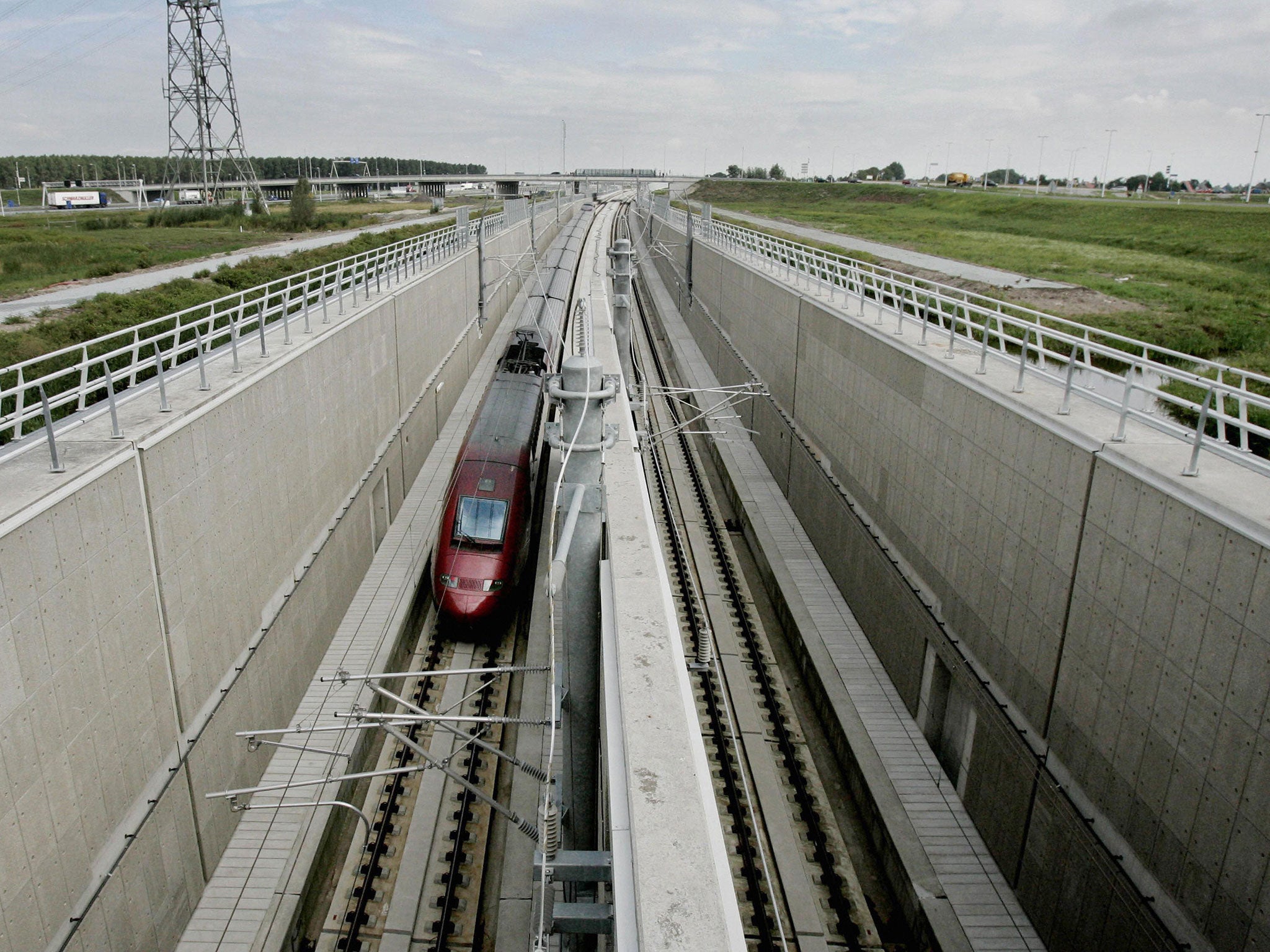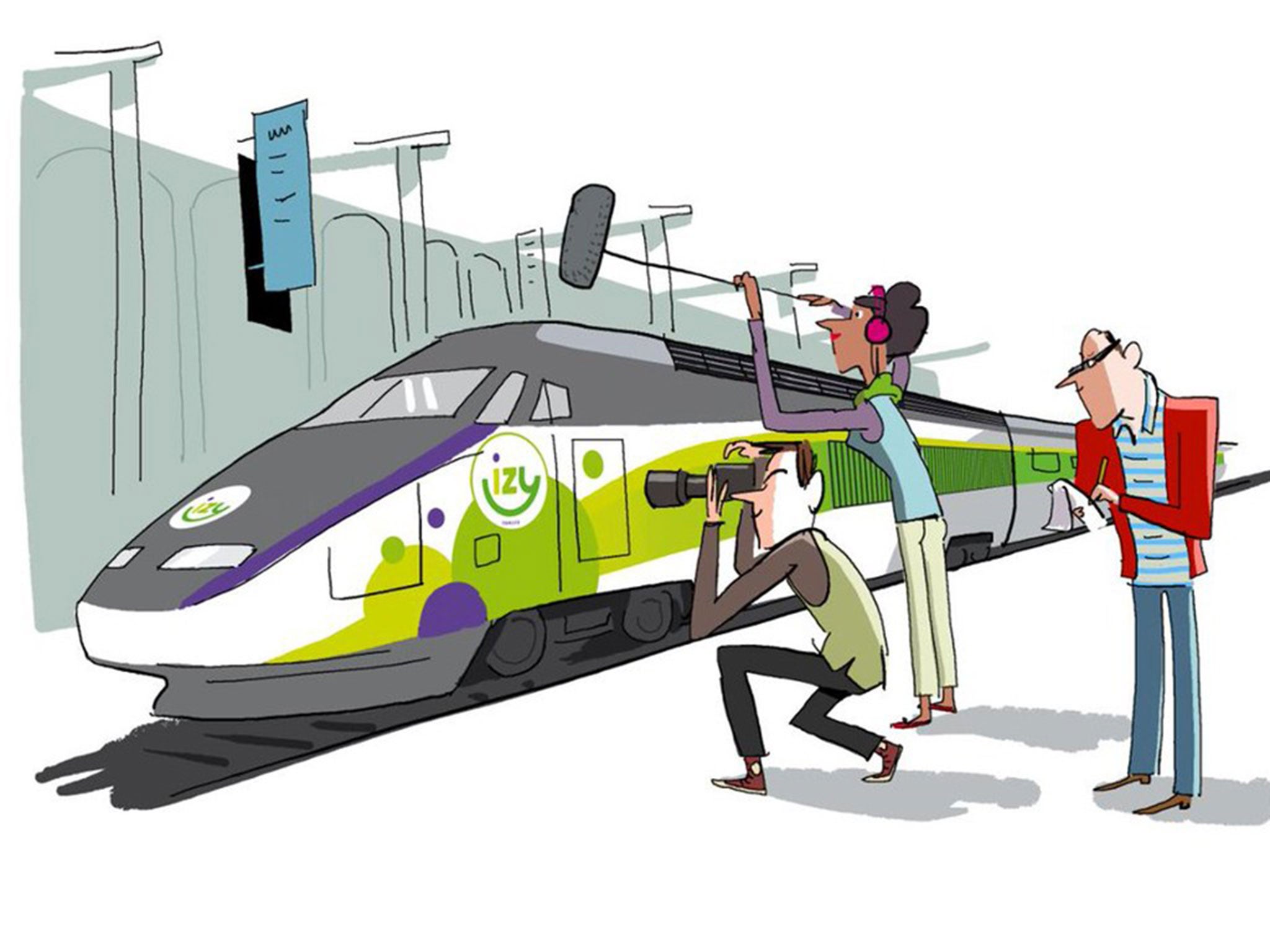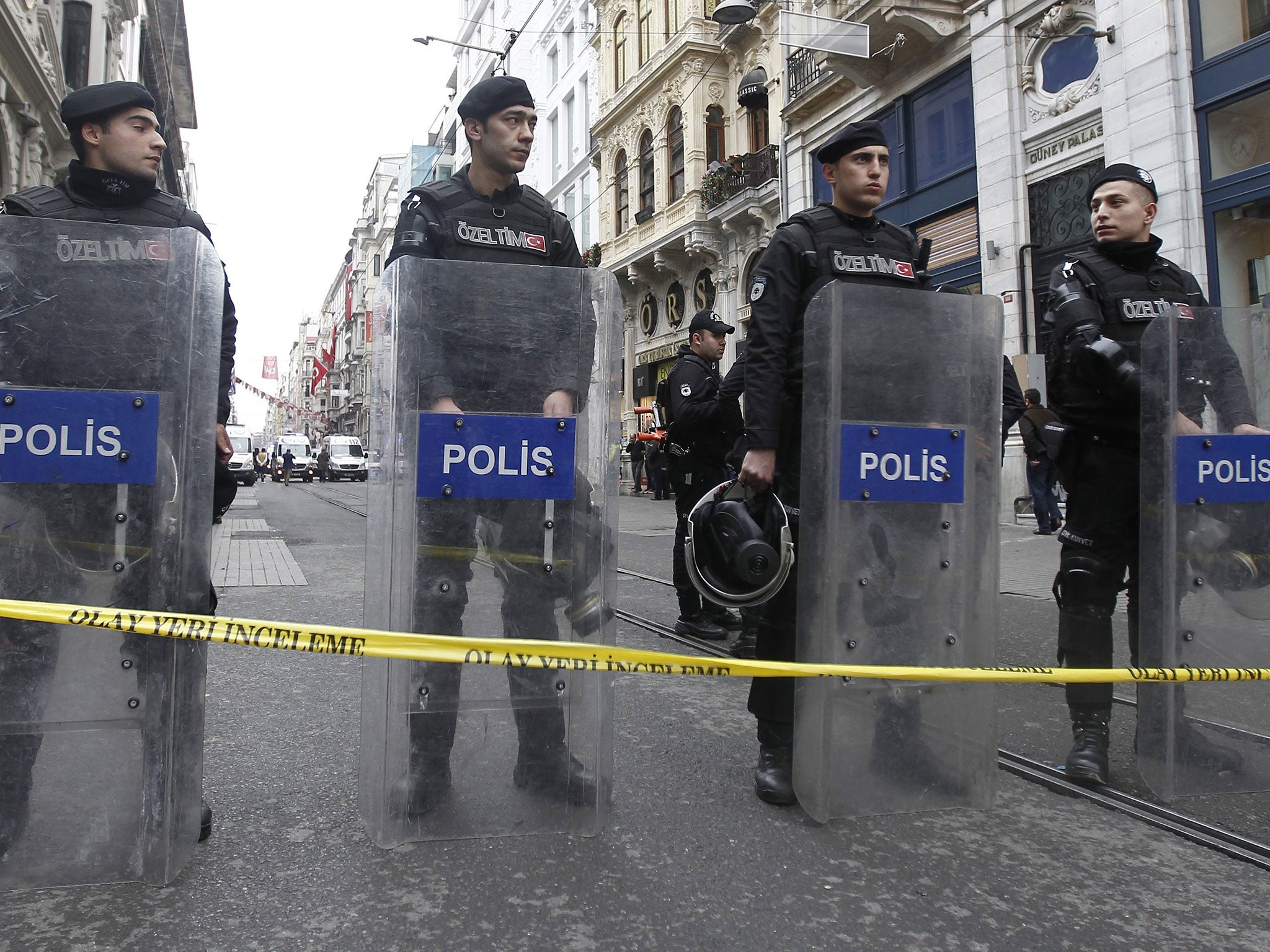The business of travel: class warfare is for the benefit of all train commuters
Remember a start-up called easyJet? No-frills could be the way we all travel in future

Fourth class has arrived on high-speed trains between Paris and Brussels. As The Independent revealed recently, the new low-grade option is being sold under the “Izy” brand - along with a slightly less uncomfortable third class.
Passengers have the usual options of second and first class, sold by Izy as “Standard” and “Standard XL” respectively. But there is also a choice of third class, in the shape of a “Folding Seat” option, and fourth class — costing as little as €10, and called “Non-Guaranteed Seat”.
Passengers are expected to stand in the unused buffet car area for a journey of over two hours, unless the train manager assigns them an empty seat. Cue wry smiles or groans from long-suffering commuters on some busy British rail lines, for whom this is a daily occurrence.

If you happen to be familiar with the existing Thalys service between the French and Belgian capitals, you may be relieved to learn that this operation, taking just 90 minutes is unaffected. The new no-frills train is an offshoot of Thalys, and uses its re-configured rolling stock. Izy also borrows techniques from low-cost airlines: online booking only, with fares that vary according to demand, and extra charges for substantial baggage.
Then there’s the schedule - only two or three trips a day, each way. And because Izy keeps away from the busy high-speed line for most of the way through France, the journey takes up to an hour longer than Thalys. By now you’re probably wondering what this development might possibly have to do with business travel? While Izy does battle in the lower reaches of the inter-city market with the likes of Megabus and BlaBlaCar (a French ride-sharing service), executives can continue to work or rest in the comfort of “real” Thalys - with all the flexibility that paying a premium fare affords.
Except that the one certainty about the future of business travel is that it will be different from the present. Let me take you back 20 years. In April 1996, easyJet was an odd little airline, shuttling two or three times a day from Luton to Aberdeen, Edinburgh and Glasgow. Established carriers such as British Airways and British Midland regarded the garish orange planes as strictly for students, pensioners and other low-income folk - not frequent flying business people.
Today any smart organisation will fly its executives on easyJet and Ryanair as well as “legacy” carriers. The budget airlines offer high frequencies between major business centres, with fares that allow flexibility. And with carriers such as British Airways increasing the “seat density” on short-haul services, the comfort gap is narrowing.
So back to the future of European inter-city trains. Izy may find, as easyJet did, a ready market among price-sensitive travellers, including start-up businesses keen to conserve every euro. Thalys might then switch more capacity to the low-cost subsidiary. It could assign some valuable slots (known as paths) on the high-speed line to Izy. As frequency builds, more business travellers will start to notice. And that’s when class consciousness comes into play.
On trains, as on planes, the notion of class warfare is ridiculous. We all need each other. If business (or Standard XL) class is full on Monday morning and Friday evening with executives paying top whack, operators can sell off the inferior seats cheaply to the benefit of budget travellers. Conversely, remember that those upstanding fourth-class passengers represent almost free money for Izy. If the train firm can stimulate a price-sensitive market and boost passenger numbers, the extra demand could help boost frequency for the benefit of business travellers.
Give Izy a try next time you and a colleague are travelling between those two great cities. I calculate that a pair of Standard XL seats, plus some sushi and a decent bottle of chablis picked up at the station, will still leave a business a couple of hundred euros better off compared with normal first class on Thalys. And you can toast the standees for their part in making your journey possible.

One minute, three alerts: the business travel news you need in 180 words
Turkey alert
The series of terrorist attacks in Ankara and Istanbul has led Australia to step up its warning for the Turkish capital and main business centre. The latest bulletin from Canberra advises citizens “to reconsider their need to travel to Ankara and Istanbul due to the high threat of terrorist attack”. It is the first Western government to issue such a strong alert.
Uber happy
Seattle has become the latest US airport to allow shared-ride operators such as Uber and Lyft to pick up passengers from outside its terminals - though they must pay a $5 per-person fee and meet strict environmental rules, such as limiting the number of “deadheads” (ie empty rides). For downtown Seattle, the Metro remains an excellent option.
Not quite BA
Some British Airways passengers flying from London to Aberdeen, Edinburgh, Glasgow and Copenhagen this summer will find themselves aboard a Danish airline, Jet Time. BA is chartering in a Boeing 737 to help fill gaps in its fleet schedule. The airline says it is confident passengers will enjoy their flight with the carrier.
Join our commenting forum
Join thought-provoking conversations, follow other Independent readers and see their replies
Comments